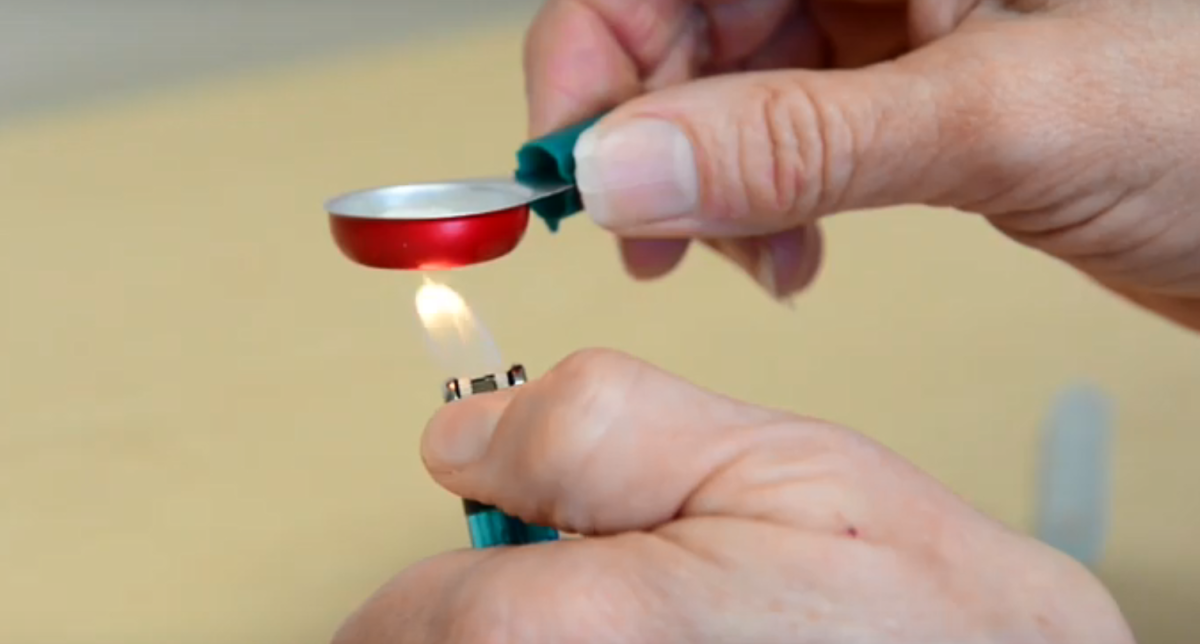New studies from Lawson Health Research Institute and Western University are showing for the first time that HIV can be transmitted through sharing equipment used to prepare drugs, even without sharing needles or syringes.

However, researchers are also reporting a simple way to prevent that transmission: heating the equipment with a cigarette lighter for just 10 seconds.
The studies were launched in response to a 2016 public health emergency in London, where HIV rates more than doubled among injection drug users.
From August 2016 to June 2017, researchers interviewed 119 injection drug users and discovered that those who shared equipment were 22 times more likely to contract HIV. Equipment includes a so-called metal “cooker” used to dissolve drugs in water and a filter used to draw the mixture, or “the wash,” into the syringe.
Injection drug users reported reusing equipment when consuming controlled-release hydromorphone, which is expensive and difficult to dissolve.
“After the first wash, large amounts of the drug remain in the equipment which is then saved, shared or sold for future use,” said Dr. Sharon Koivu, associate scientist at Lawson and associate professor at Western.

Get weekly health news
“While people know not to share needles, some use their own needle multiple times, allowing for contamination of the equipment.”
Researchers found that, on average, 45 per cent of the drug remains in the equipment after the first wash and that controlled-release hydromorphone has properties that actually help HIV survive on the equipment.
However, researchers found that the virus is destroyed simply by heating the cooker with a cigarette lighter for about 10 seconds, or until the wash bubbles. Taking that step had no impact on the concentration of the drug.
As a result of the findings, researchers have partnered with local community organizations like the Middlesex London Health Unit and Regional HIV/AIDS Connection, which run the city’s temporary overdose prevention site.
Together, they’ve launched a public health campaign.
“The ‘Cook Your Wash’ campaign is one of the most exciting things to happen in our community,” said Koivu.
“We learned from persons who inject drugs, took that information to the lab to develop a solution and then brought that solution back to the community in record time.”
Dr. Michael Silverman — associate scientist at Lawson and Infectious Diseases chair with Western, London Health Sciences Centre and St. Joseph’s Health Care London — added that the campaign has already been a success.
Silverman said local rates of new HIV cases have fallen dramatically since the campaign began.
“It wasn’t the sole reason,” he said, “but the timing suggests it was part of the solution.”
The two studies are published in the Journal of Acquired Immune Deficiency Syndrome (JAIDS).












Comments